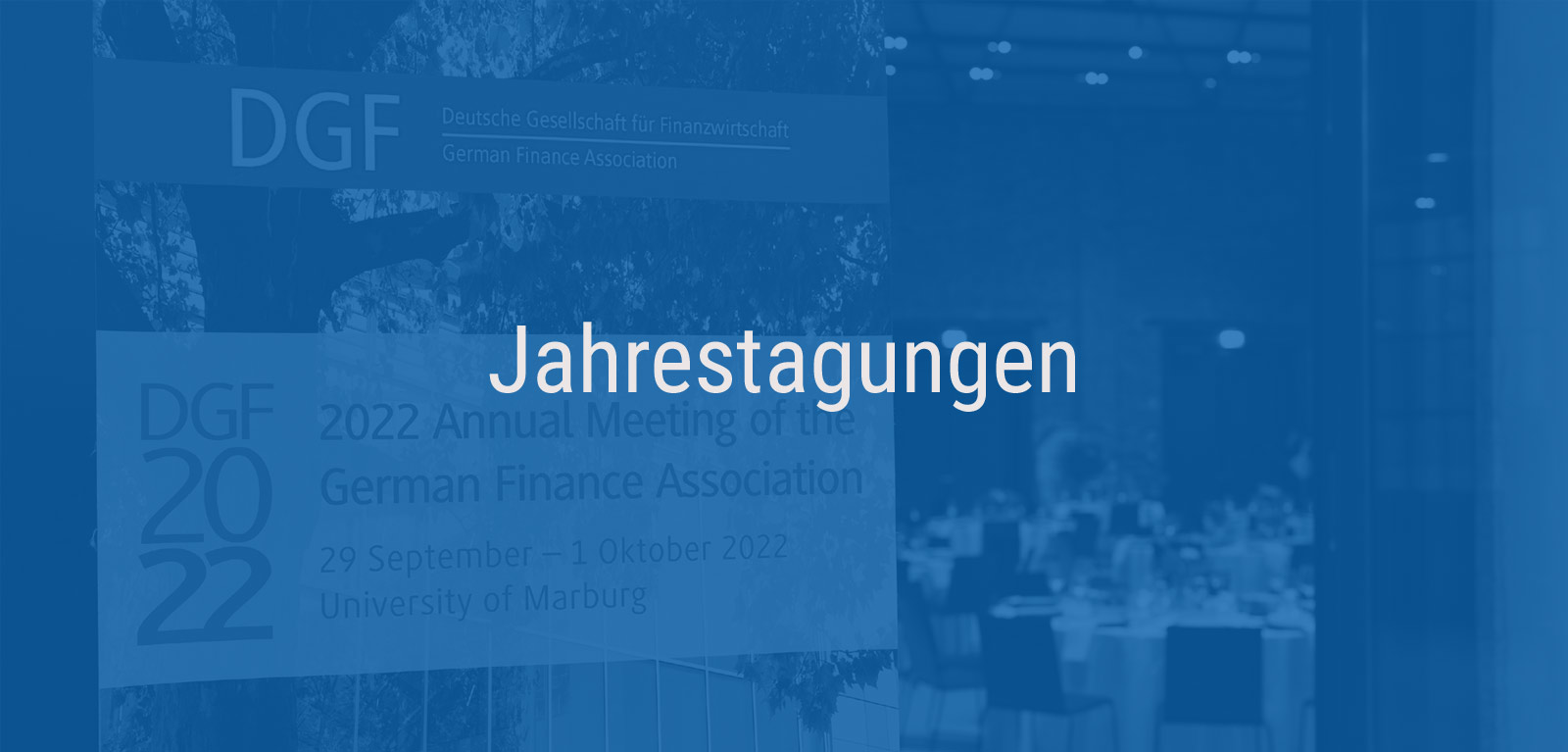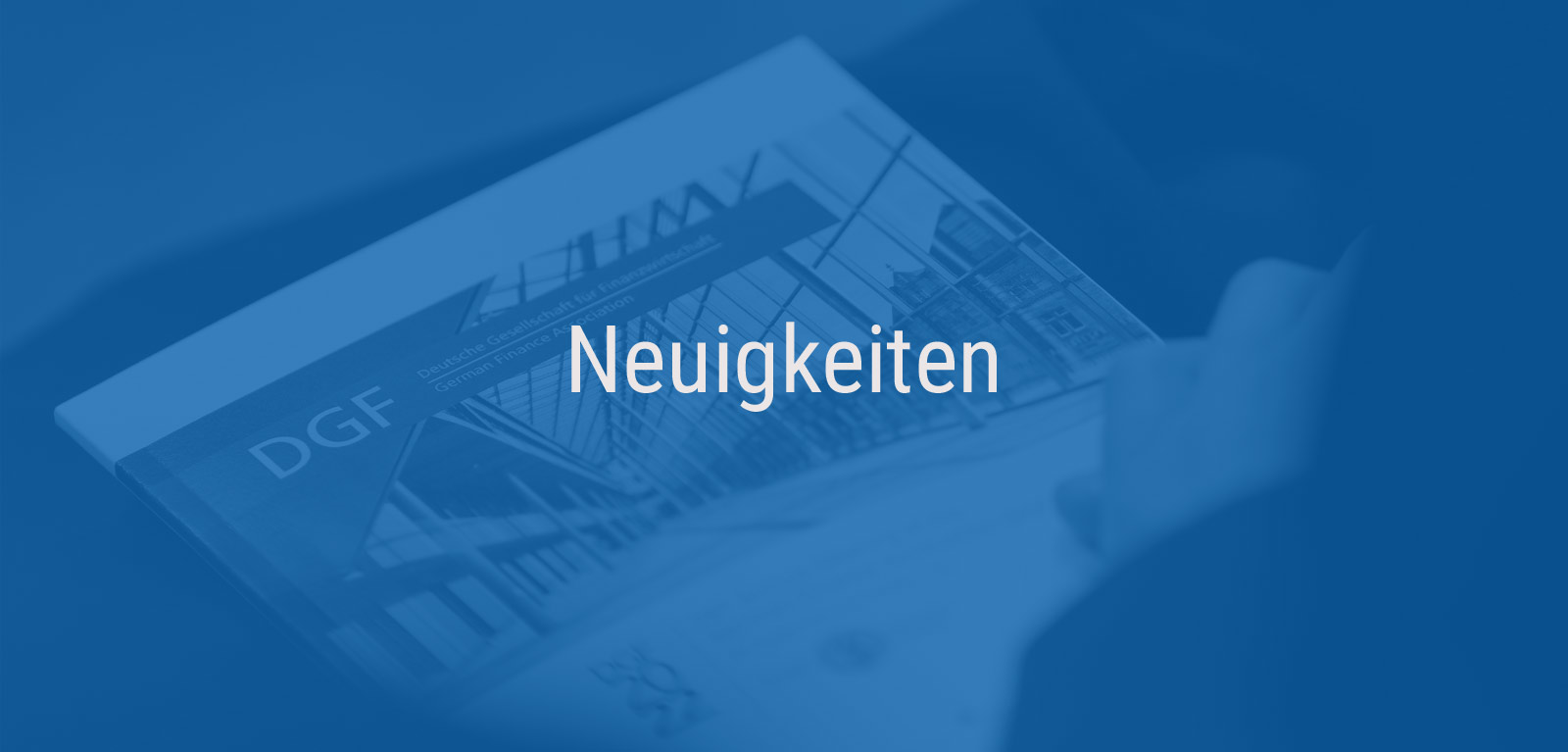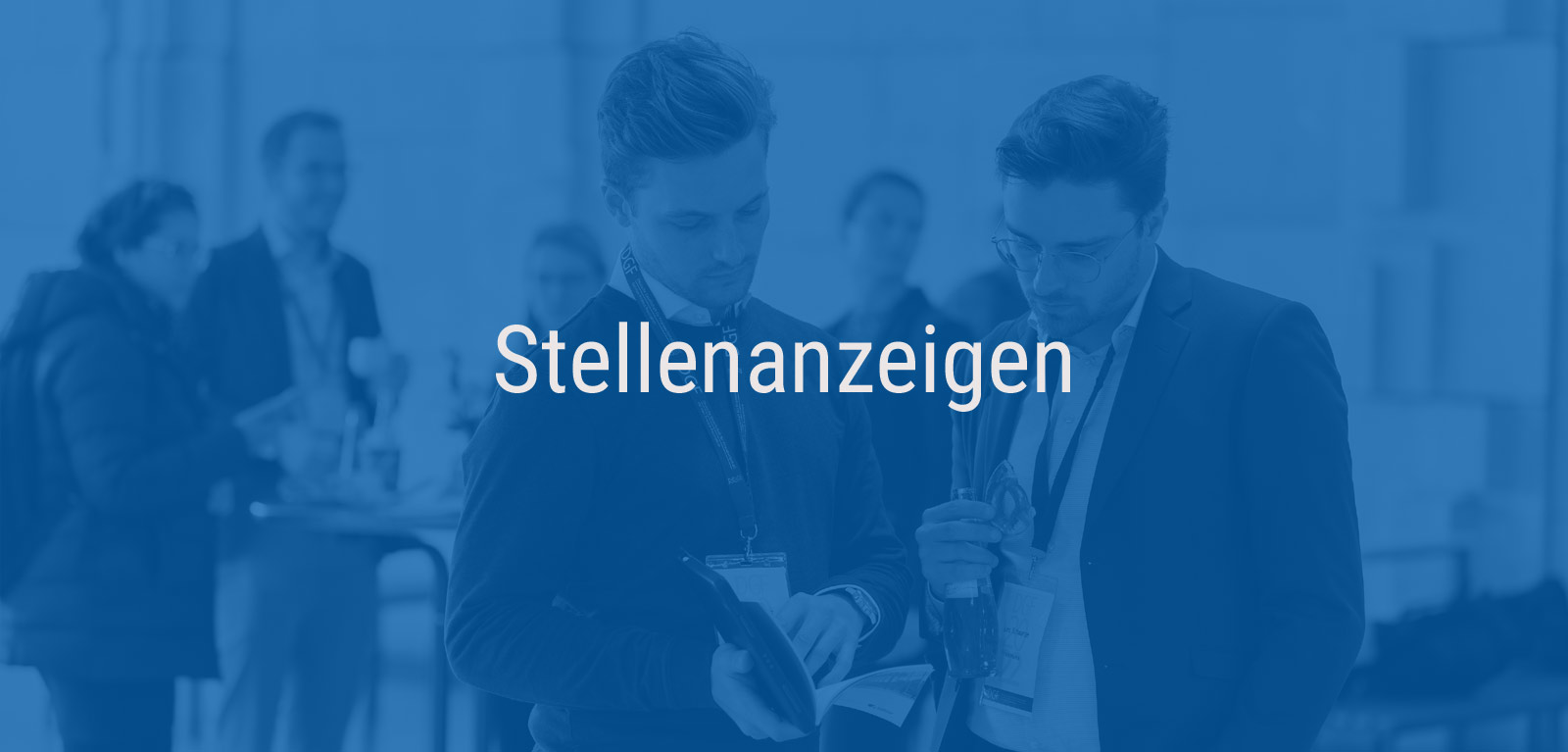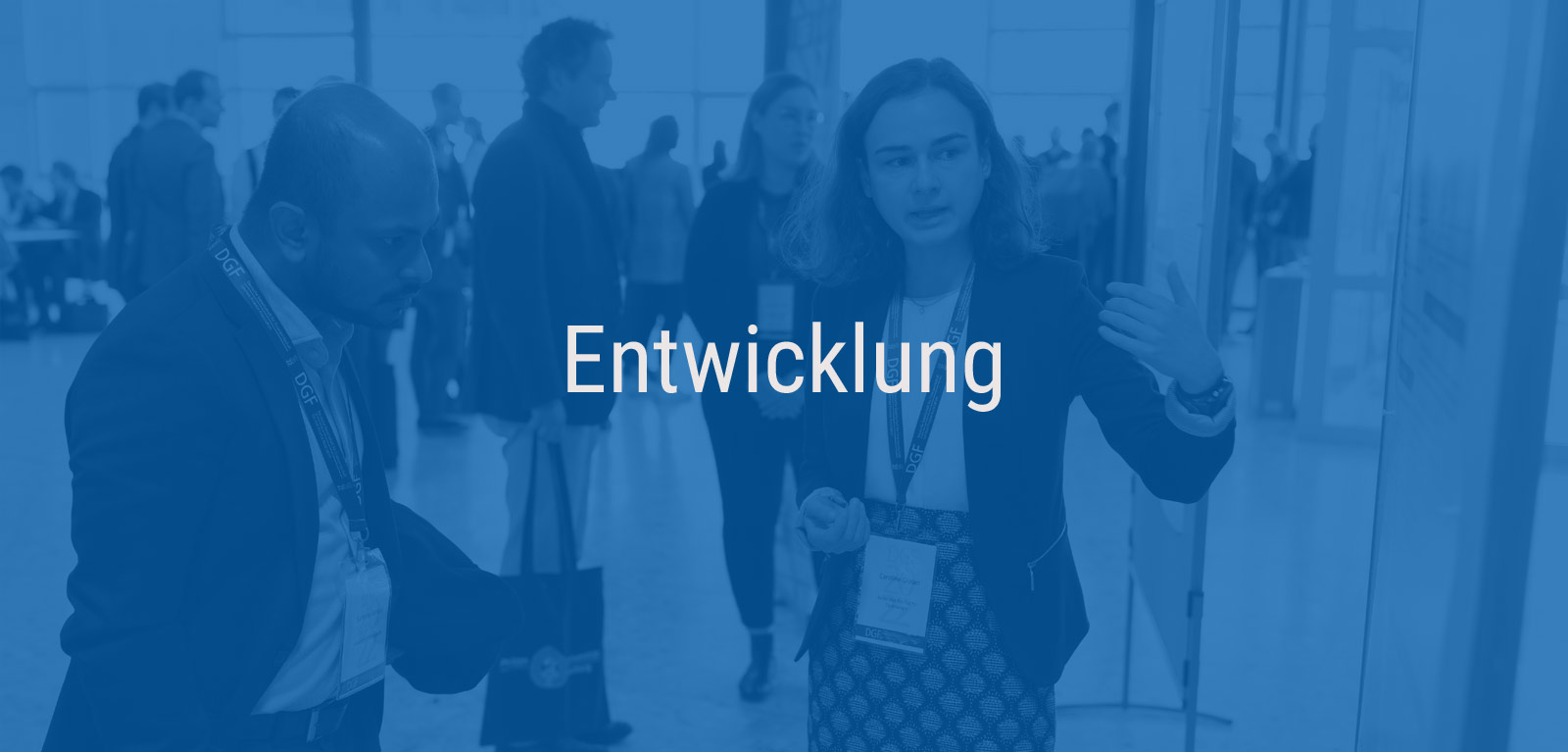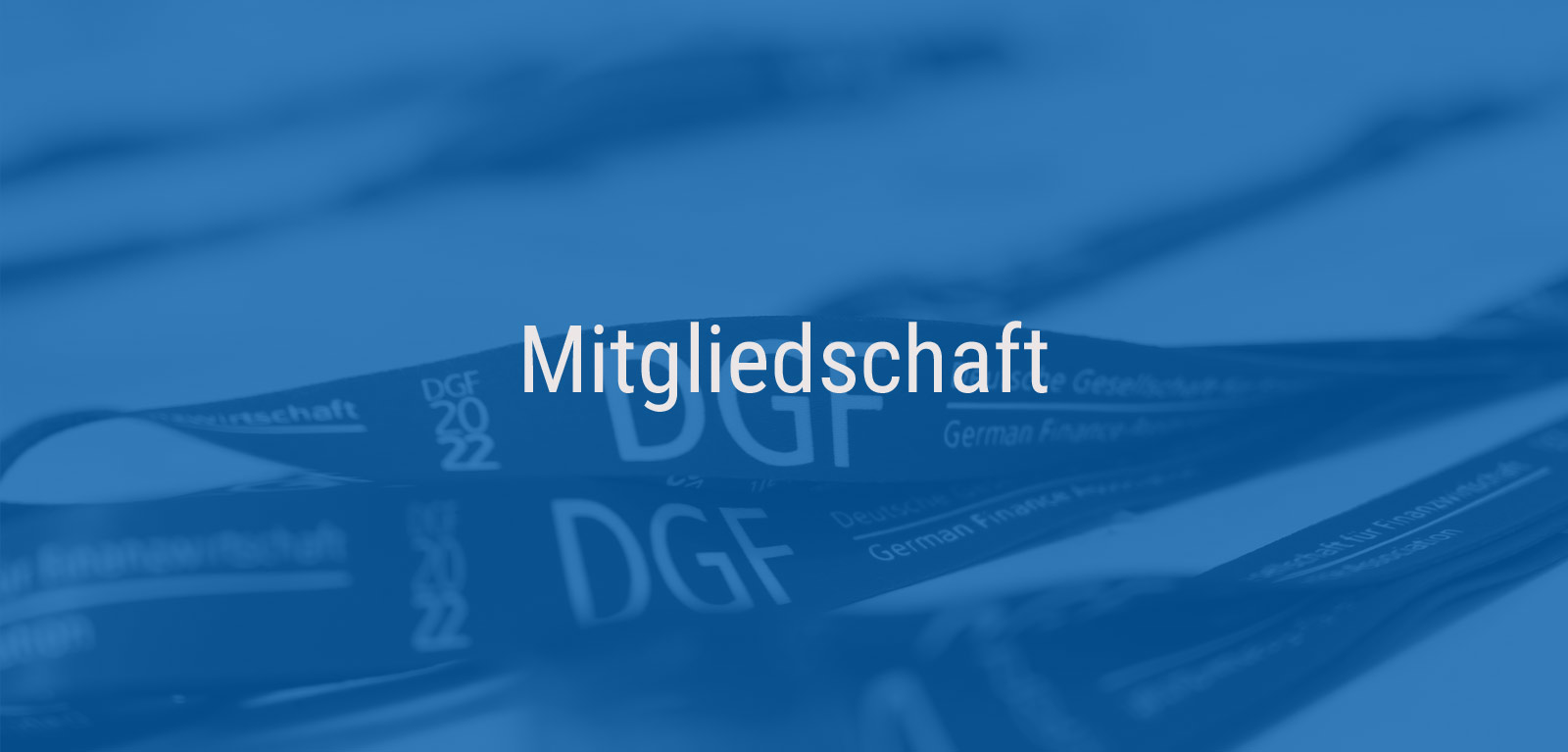Ein kurzer Überblick
Deutsche Gesellschaft für Finanzwirtschaft e.V.
Die Deutsche Gesellschaft für Finanzwirtschaft e.V. (German Finance Association) ist die zentrale wissenschaftliche Vereinigung im deutschsprachigen Raum für ihr Fachgebiet. Der Verein ist gemeinnützig und wurde 1993 gegründet, um eine dauerhaft stabile Plattform für einen Austausch über neueste finanzwirtschaftliche Forschungsergebnisse zu schaffen.
Die DGF ist offen für alle, die auf dem Gebiet der Finanzwirtschaft forschen oder geforscht haben, unabhängig davon, ob sie in der Wirtschaft oder in der Wissenschaft tätig sind.
Sie hat ca. 500 Mitglieder, alle Gremien sind ehrenamtlich tätig. Das wichtigste Anliegen der DGF ist die Förderung der finanzwirtschaftlichen Forschung sowie der Austausch zwischen Wissenschaft und Praxis. Die Gesellschaft fördert den wissenschaftlichen Nachwuchs aktiv.
Die Deutsche Gesellschaft für Finanzwirtschaft blickt auf über 25 erfolgreiche Jahrestagungen zurück. Um mehr über ihre Entwicklung zu erfahren, klicken Sie bitte hier.

